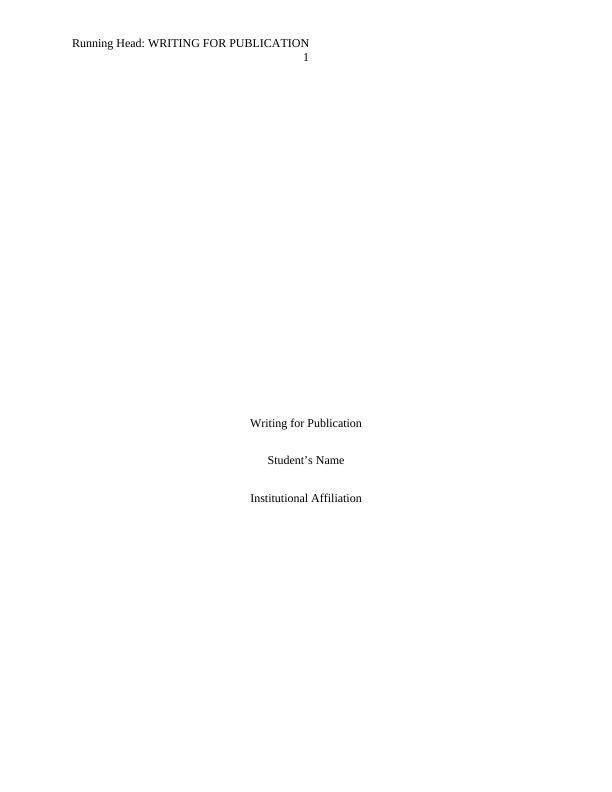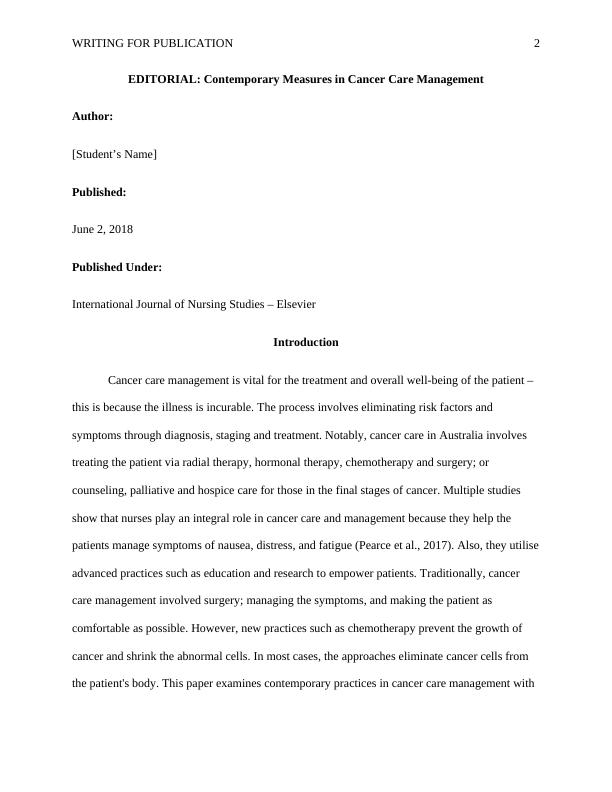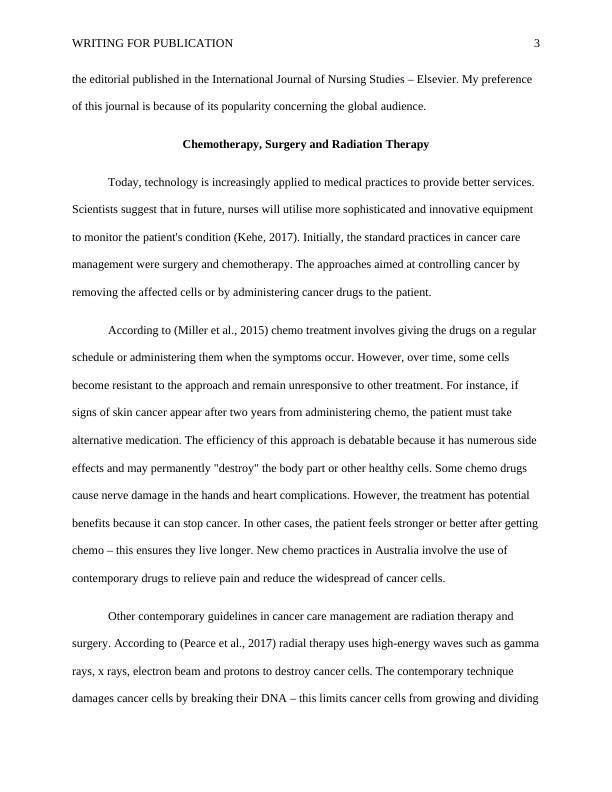Contemporary Measures in Cancer Care Management
Added on 2023-06-12
9 Pages2290 Words318 Views
End of preview
Want to access all the pages? Upload your documents or become a member.
Assignment On Palliative Chemotherapy
|13
|4017
|26
Improving Patient Journey and Provider Experience in Breast Cancer Care
|24
|7115
|494
Oncology Nursing: Management for 3rd Stage Colorectal Cancer
|11
|2979
|52
Psychosocial Support of a 50 Year Old Man with Lymphoma PowerPoint Presentation 2022
|10
|1160
|34
Influence of Nursing Project on Clinical Practice of Registered Nurse
|3
|2427
|116
Nursing Case Study | Breast Cancer
|8
|2569
|29



